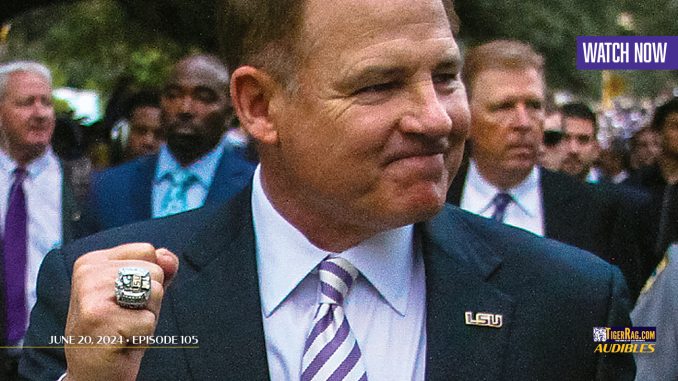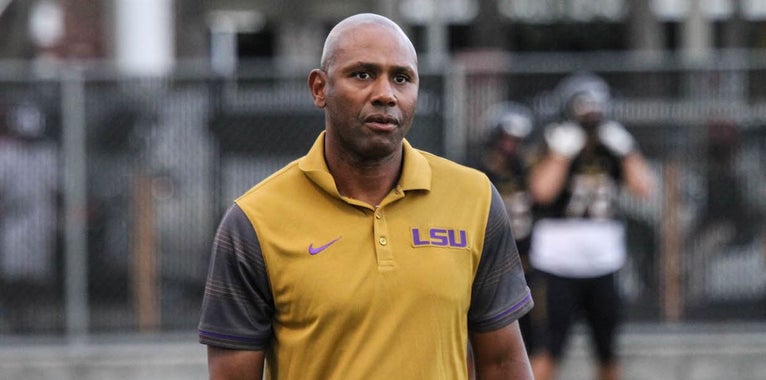
(The NCAA stepped in on Monday and requested that a Louisiana judge dismiss Les Miles’ lawsuit against LSU for vacating wins and making him ineligible to be in the College Football Hall of Fame.)
The legal battle between LSU and its former football coach Les Miles has escalated to a point where the NCAA has rightly stepped in to seek the dismissal of Miles’ lawsuit. This conflict centers on LSU’s decision to vacate 37 of Miles’ victories from 2012 to 2015, a necessary self-imposed penalty following an investigation into serious recruiting violations.
Miles, who once basked in the glory of winning a national championship in 2007, now finds himself fighting against the consequences of his own coaching era’s misconduct.
The vacated wins are not just a simple statistic; they are a reflection of the integrity that collegiate athletics demands. LSU’s actions uphold the standards that should govern all programs, asserting that no one is above the rules.
In his lawsuit, Miles claims that LSU’s decision has robbed him of the opportunity to secure a place in the College Football Hall of Fame. However, it is essential to recognize that his aspirations for enshrinement should not outweigh the university’s responsibility to uphold ethical standards in sports.
The NCAA’s motion to dismiss underscores that Miles’ complaint lacks legal standing and fails to articulate a legitimate claim for relief.
The NCAA’s intervention is not only warranted but crucial for maintaining the integrity of collegiate sports. By challenging Miles’ lawsuit, the NCAA emphasizes that any coach must be accountable for their program’s actions and that self-imposed penalties are necessary to ensure compliance with regulations. This case sets a vital precedent for how universities navigate infractions and reinforces the principle that ethical conduct in athletics is paramount.
If Miles were to prevail in this lawsuit, it would undermine the very foundation of accountability that the NCAA and institutions like LSU strive to uphold. His victory would send a dangerous message that past glories can overshadow violations, thereby eroding trust in the system designed to protect student-athletes and the integrity of college sports.
As this case unfolds, it is imperative that the judge recognizes the broader implications of ruling in favor of Miles. The stakes are high, not just for him but for the future of collegiate athletics as well. A dismissal of his lawsuit will reaffirm the need for ethical governance and will serve as a reminder that success cannot come at the expense of integrity. The NCAA and LSU are doing what is necessary to preserve the values that make college sports great, and their actions should be supported, not challenged.




Be the first to comment